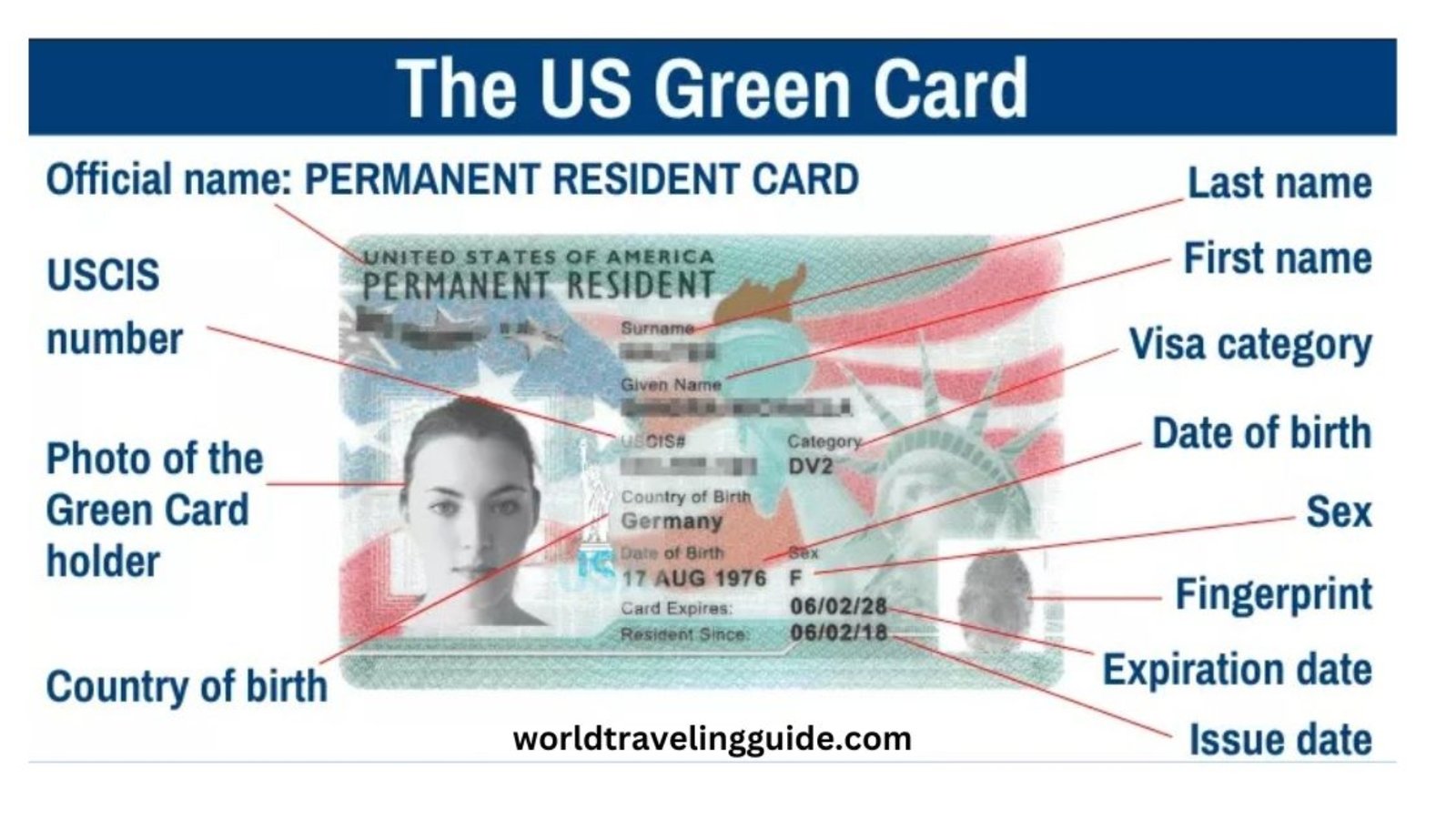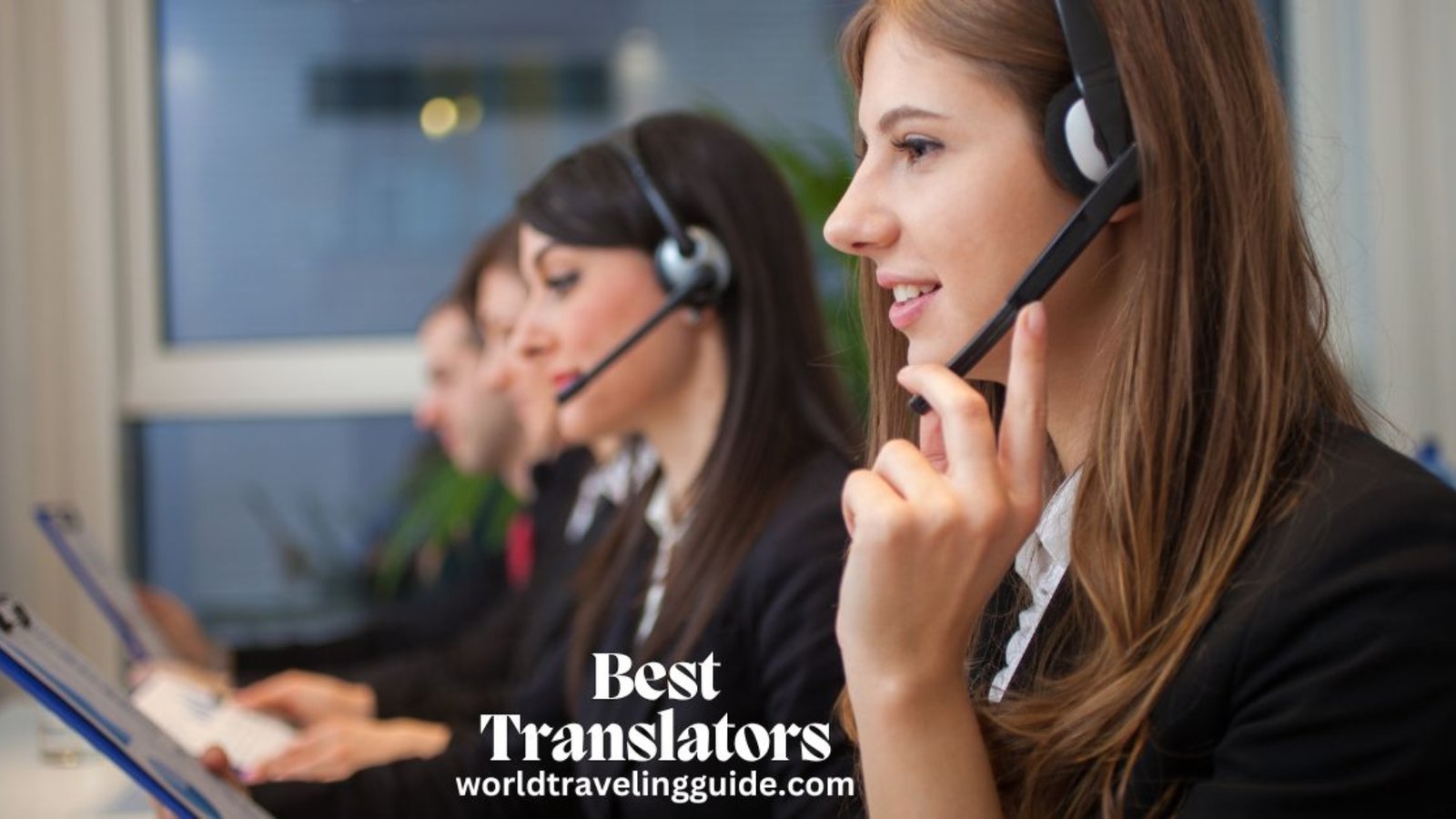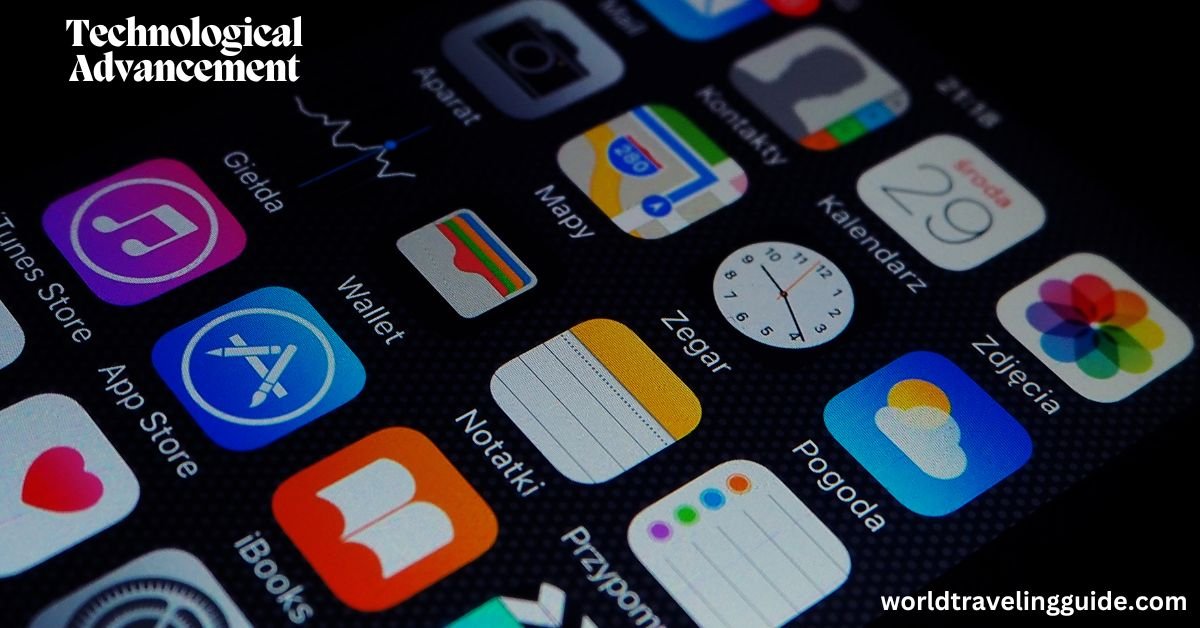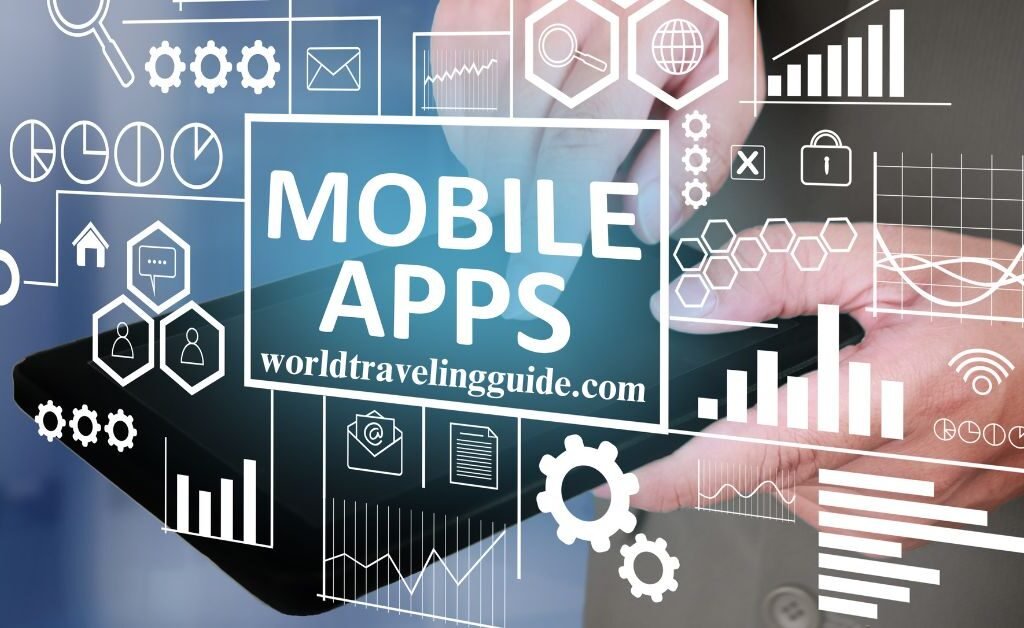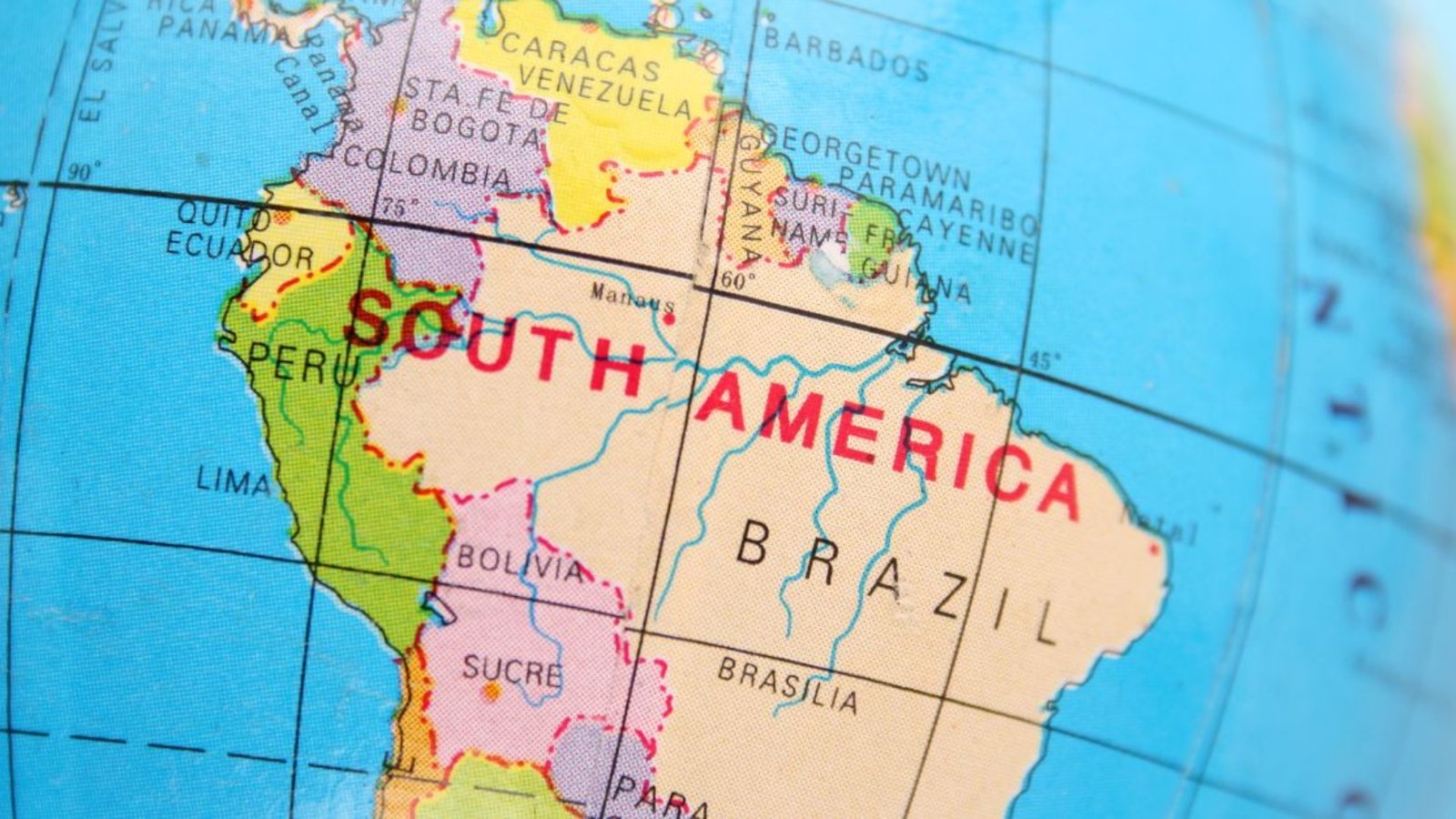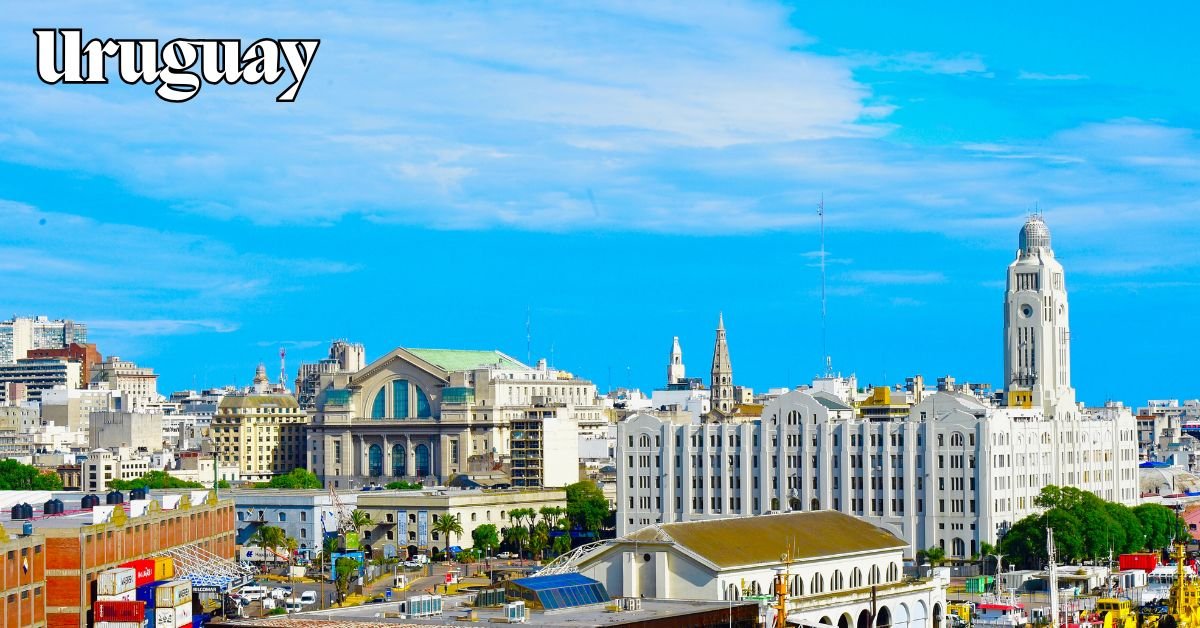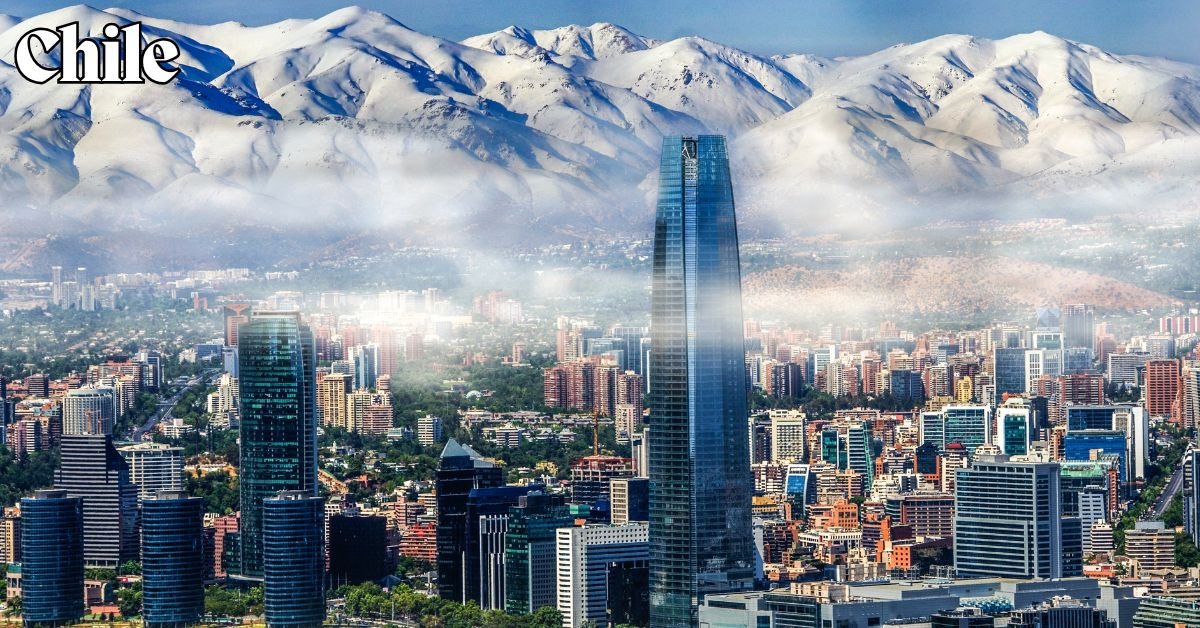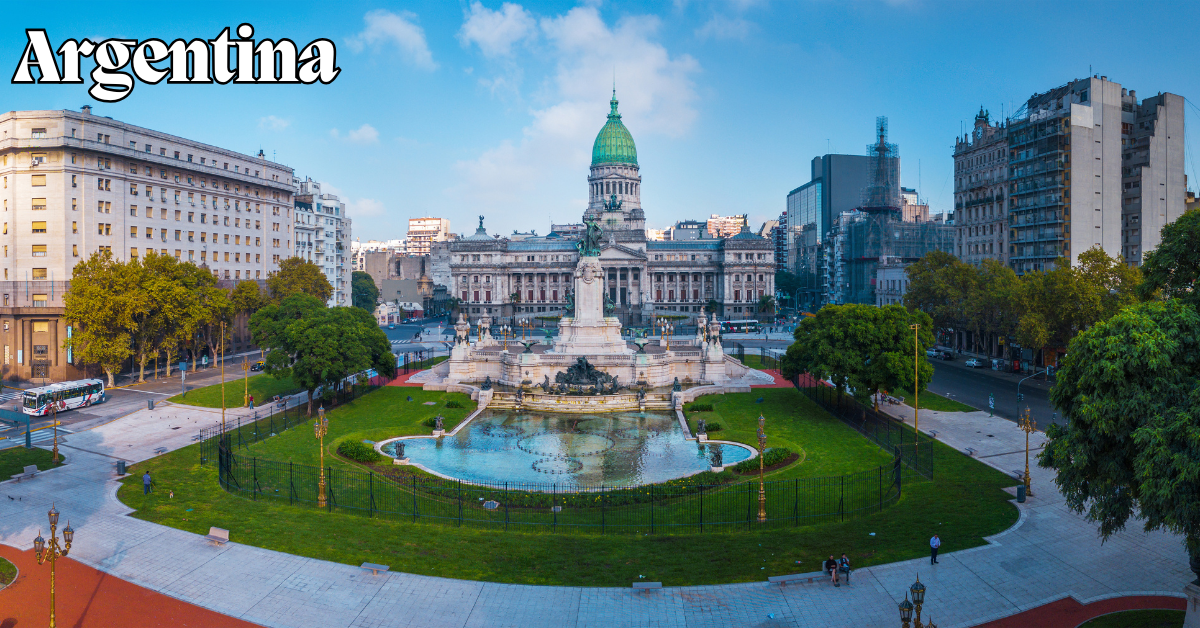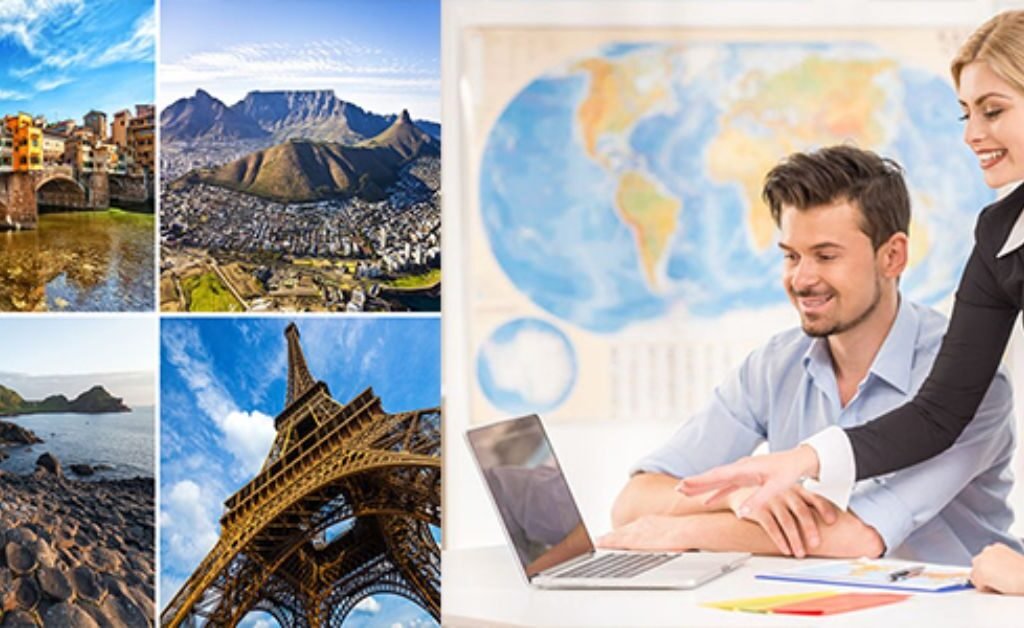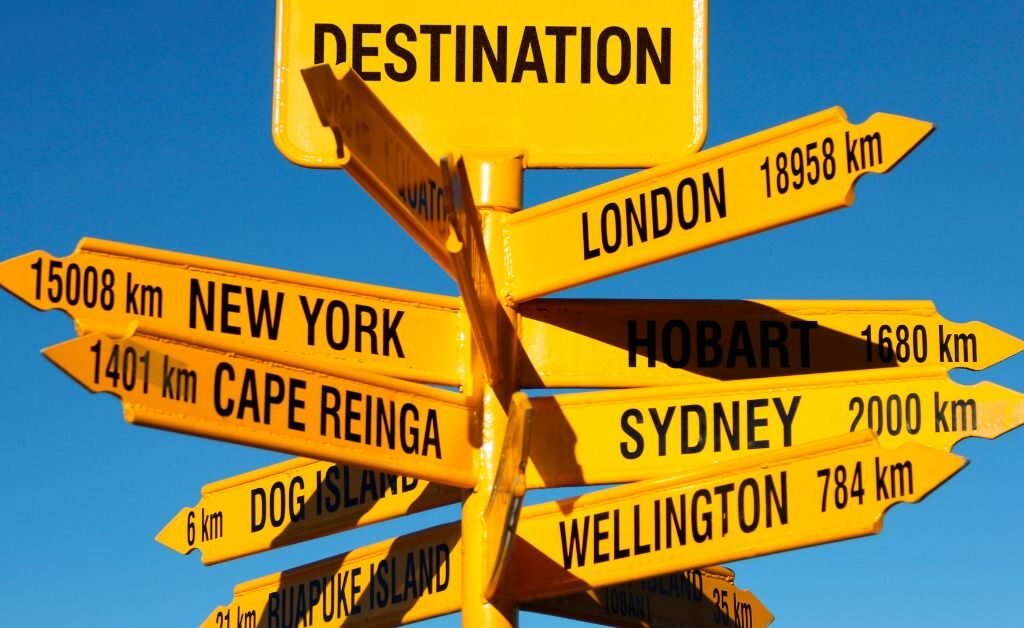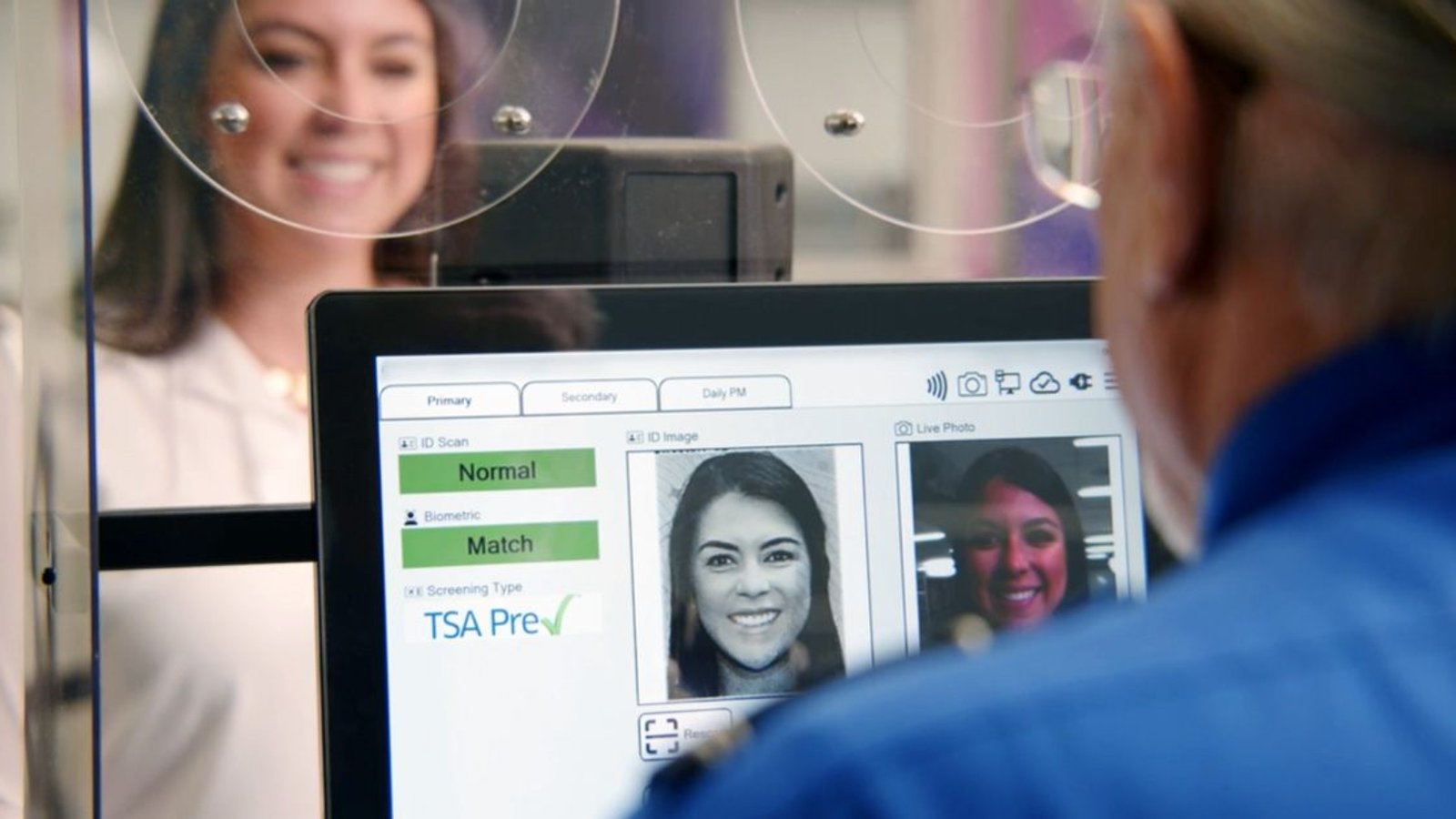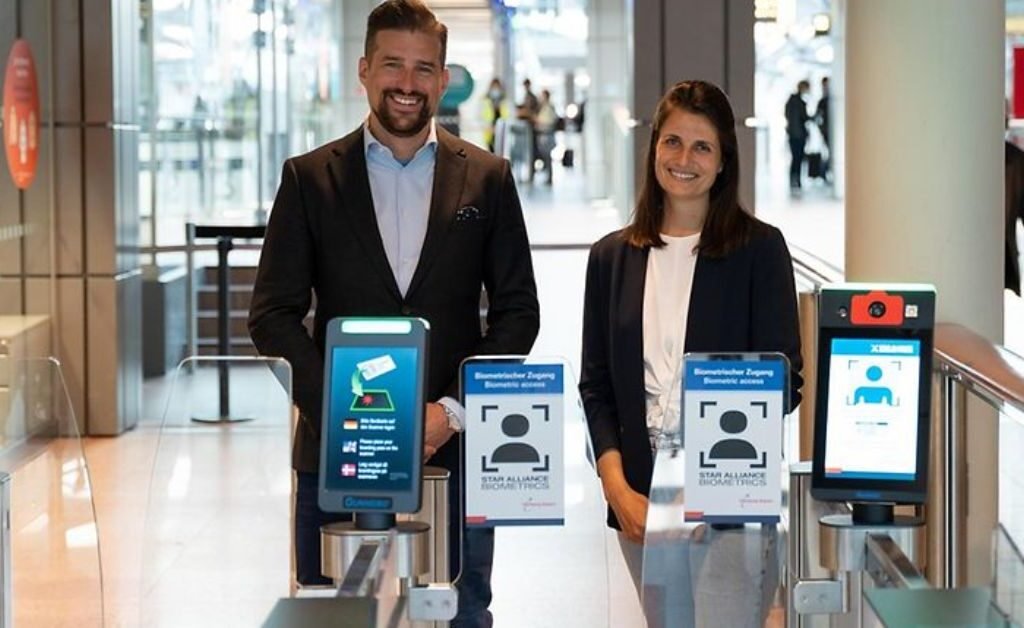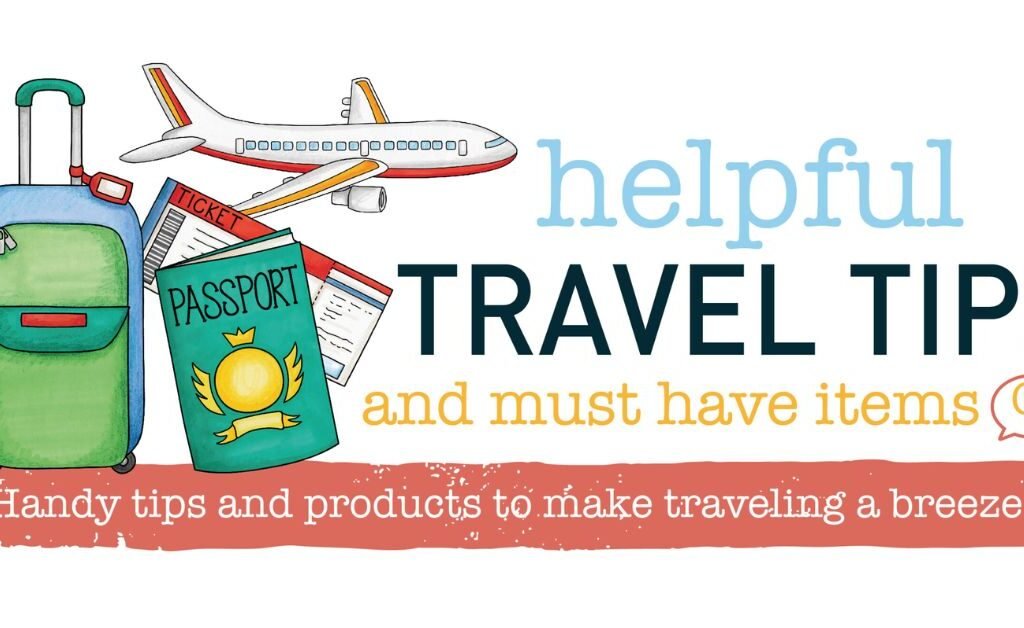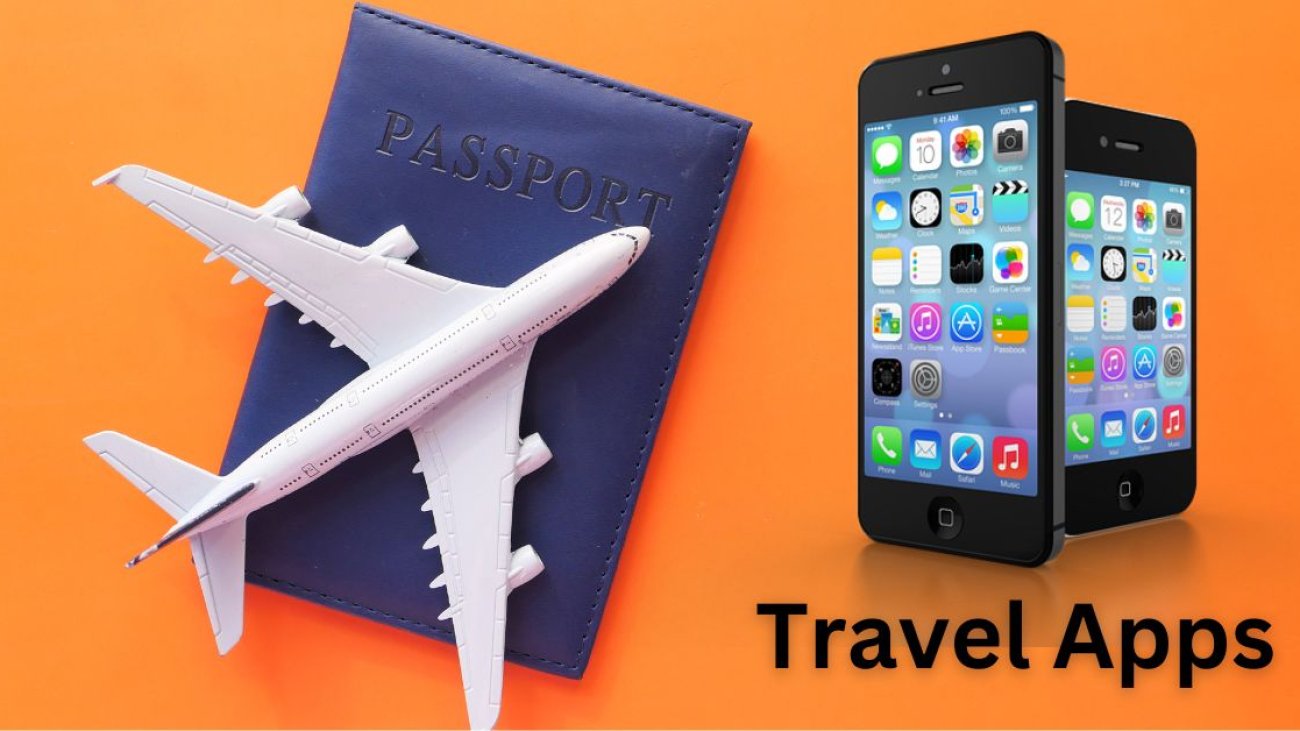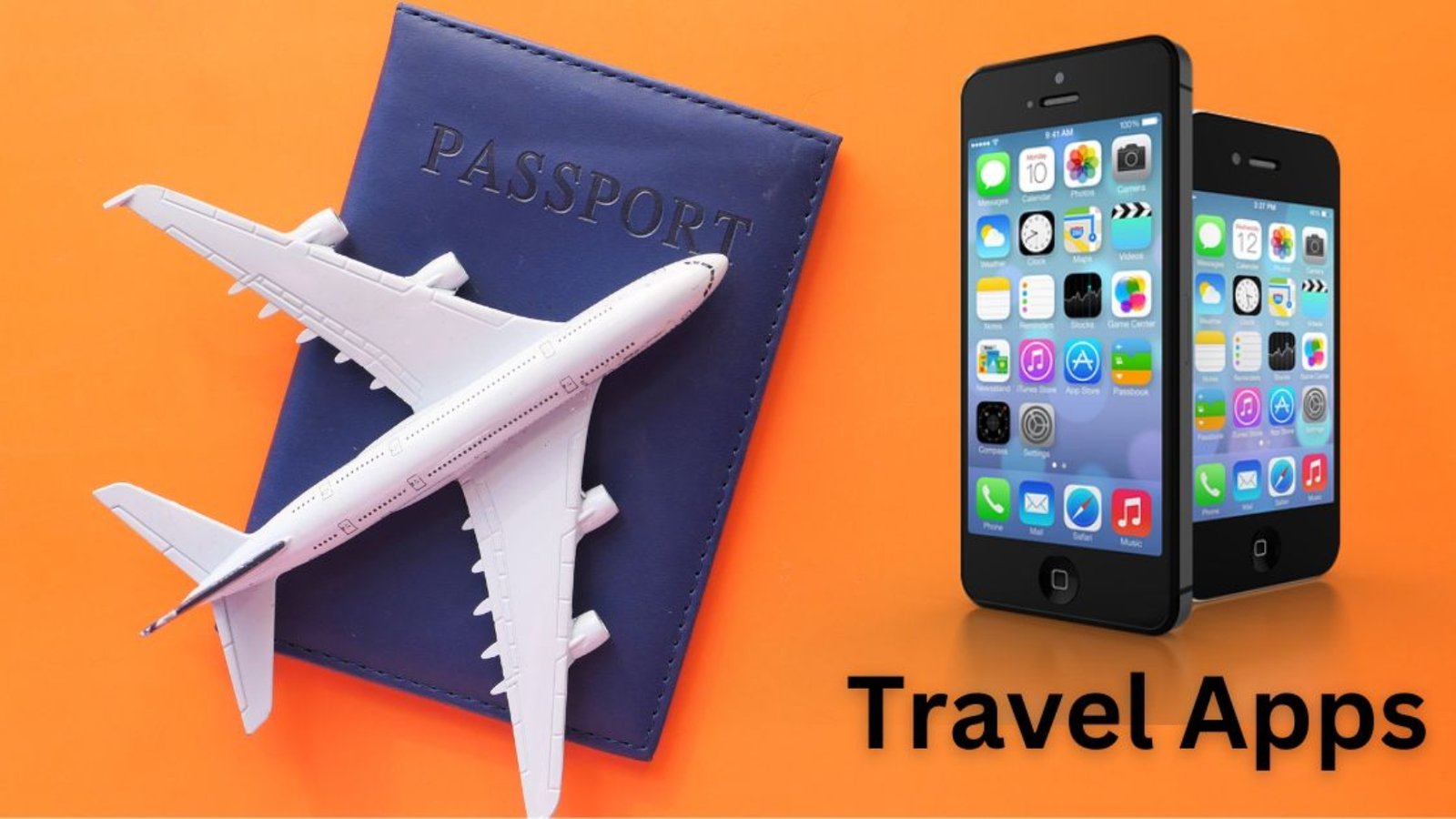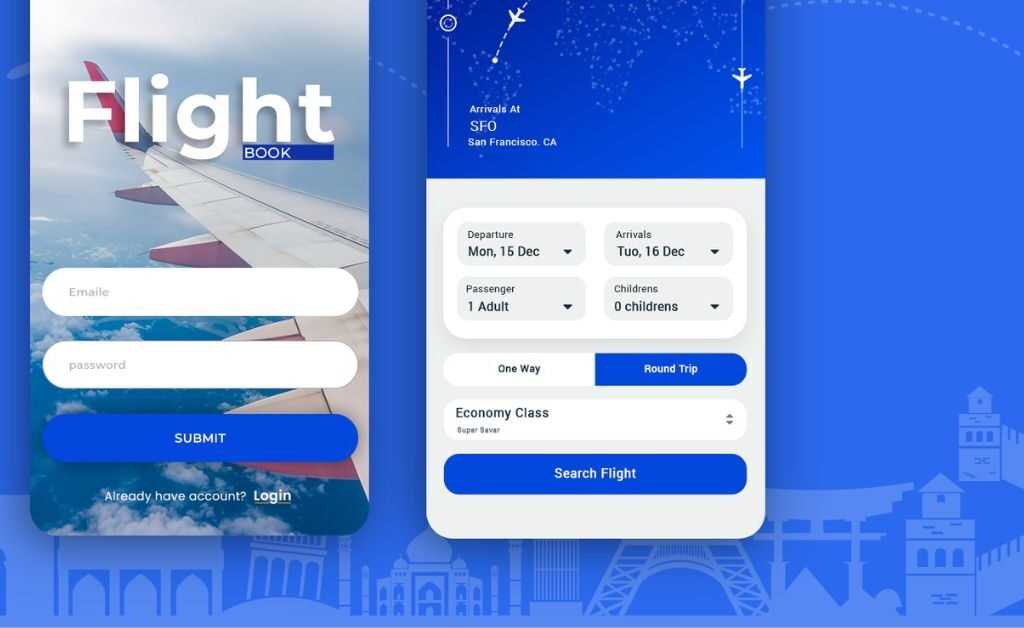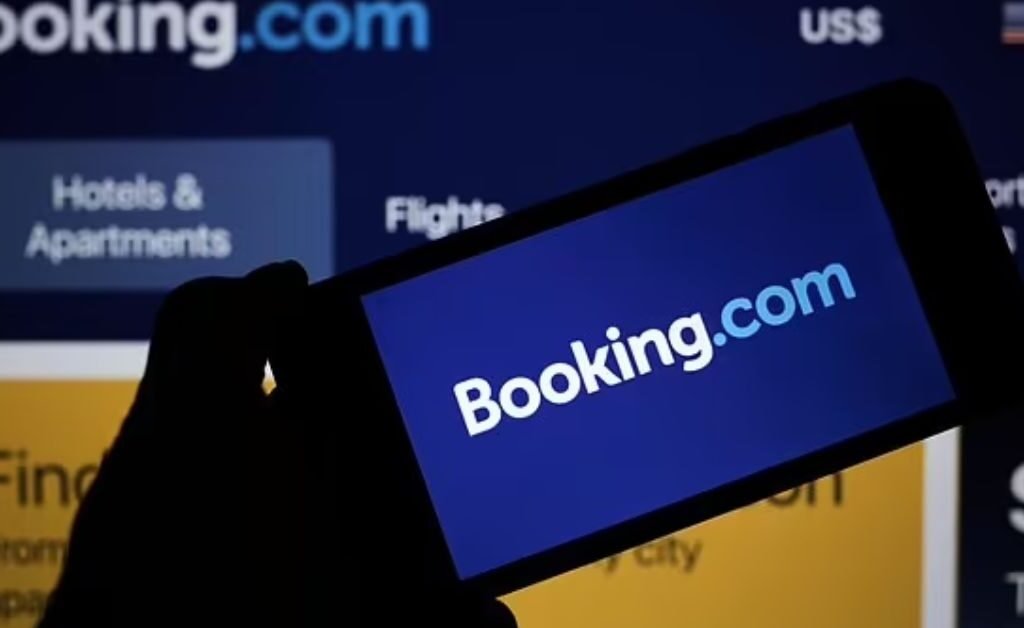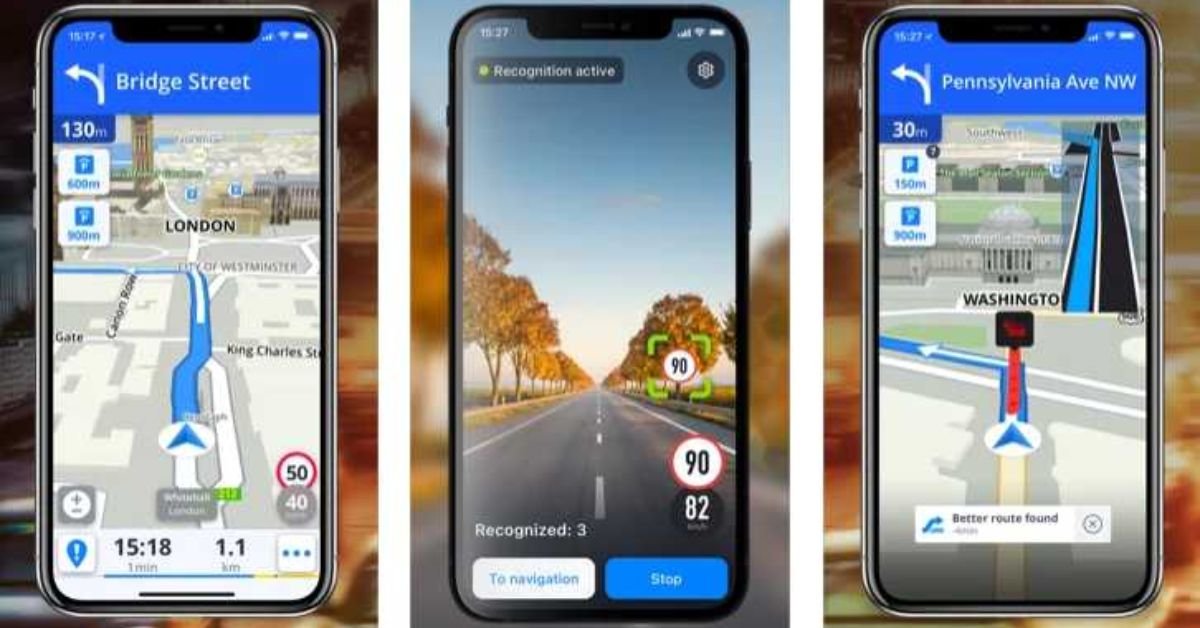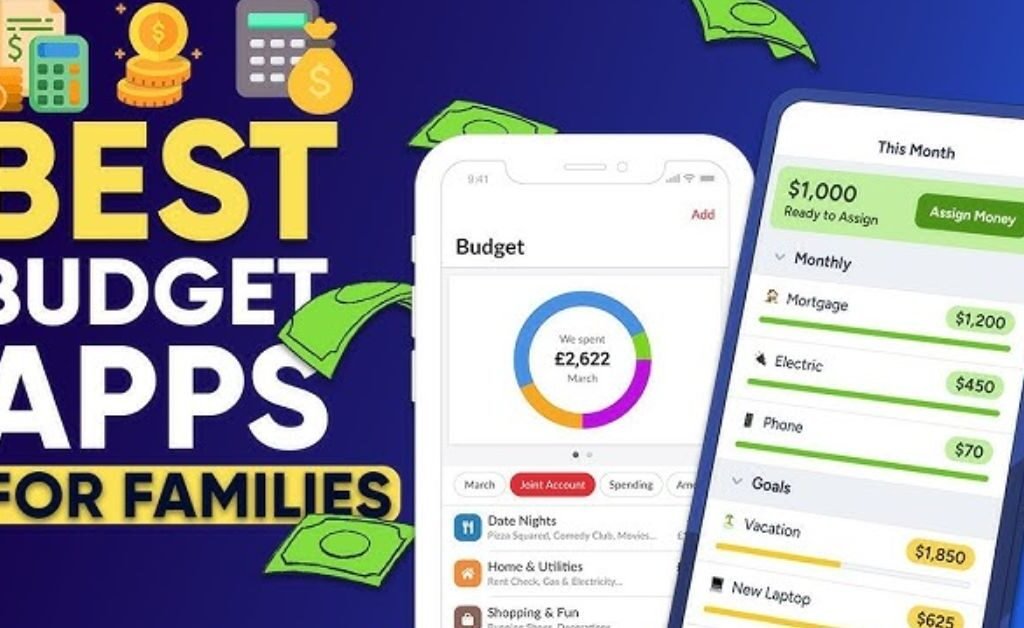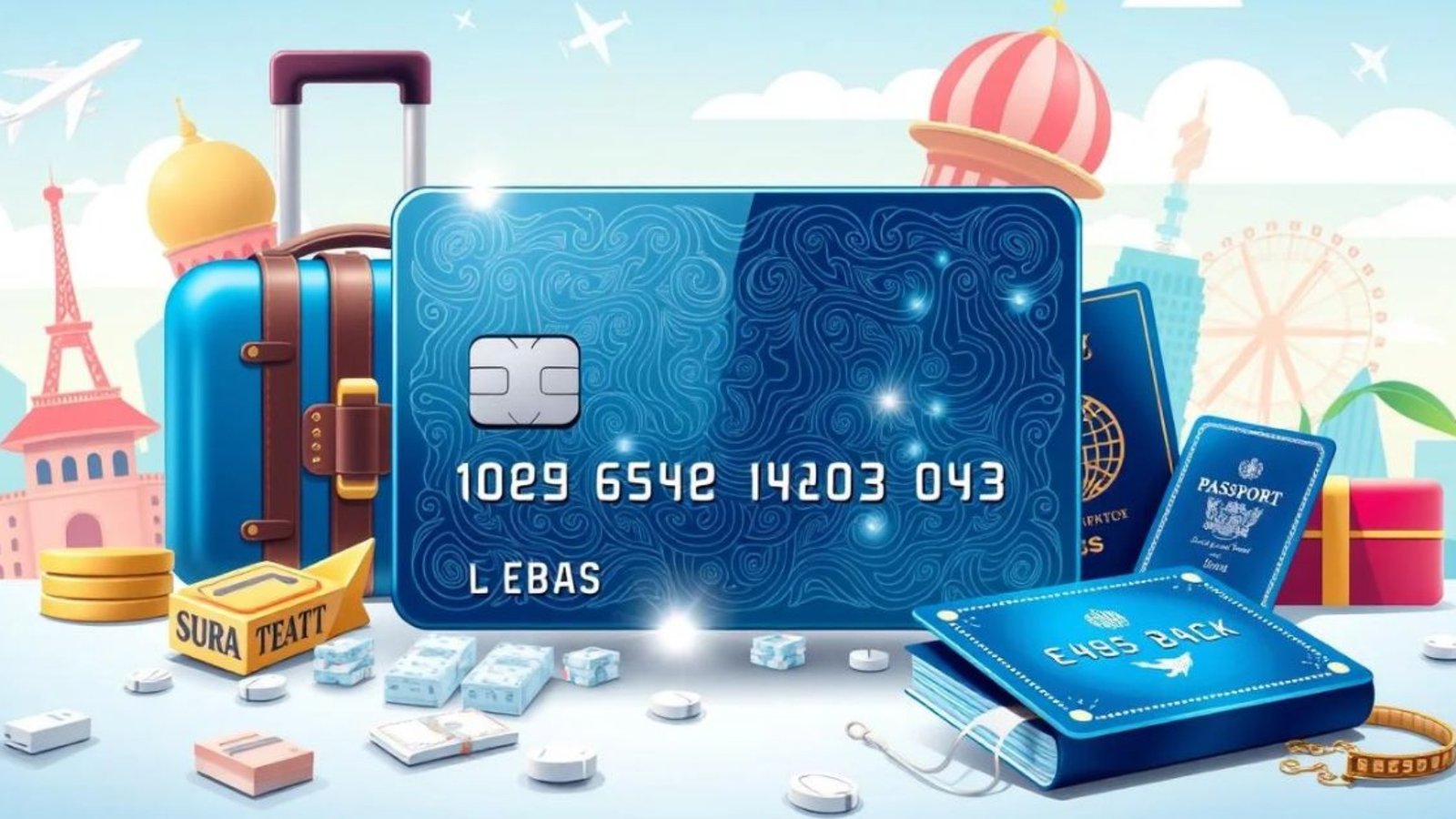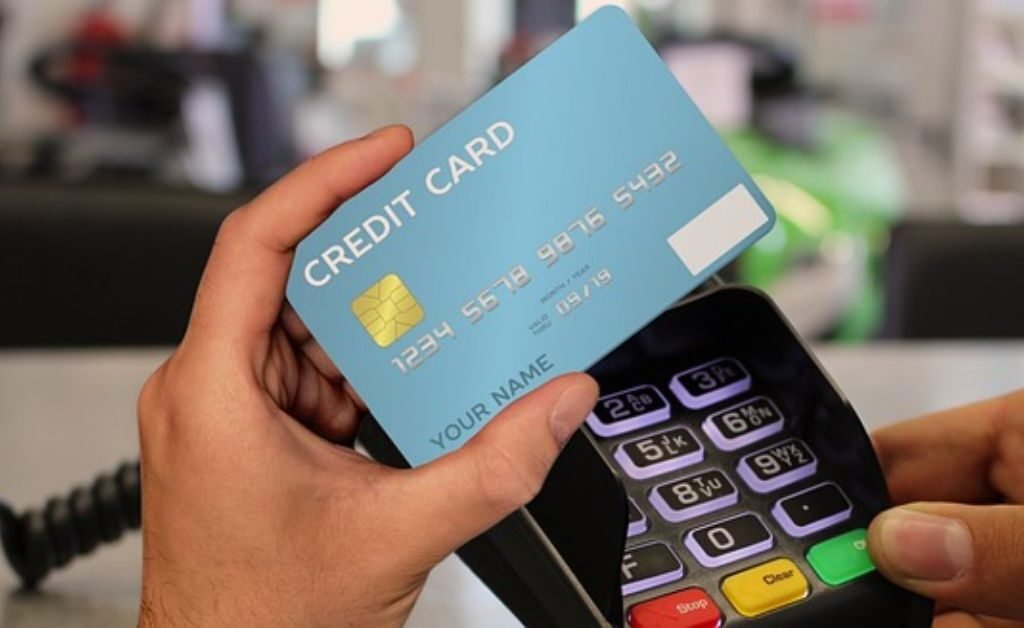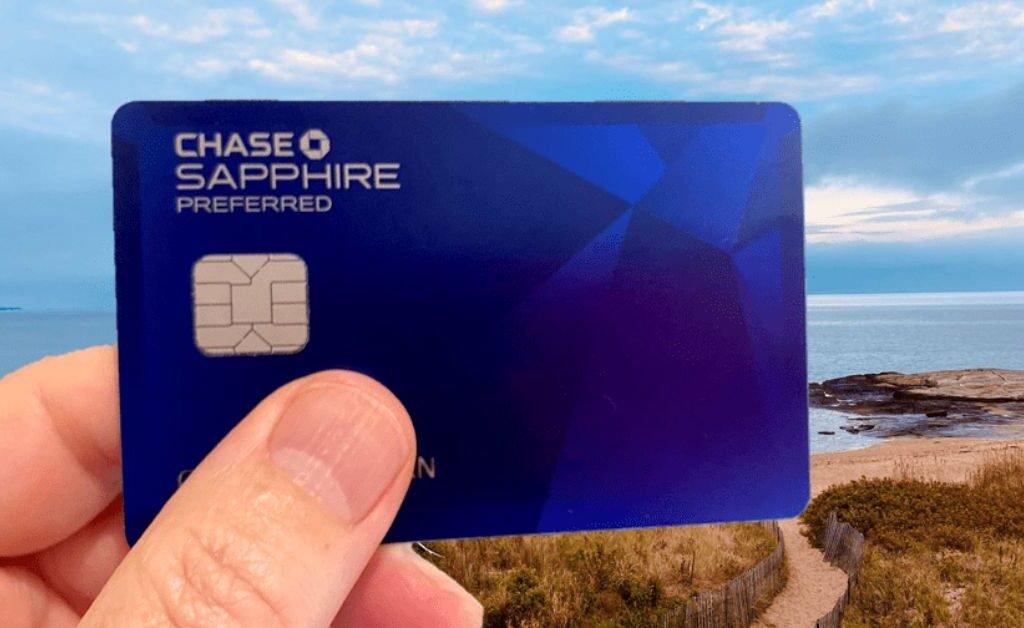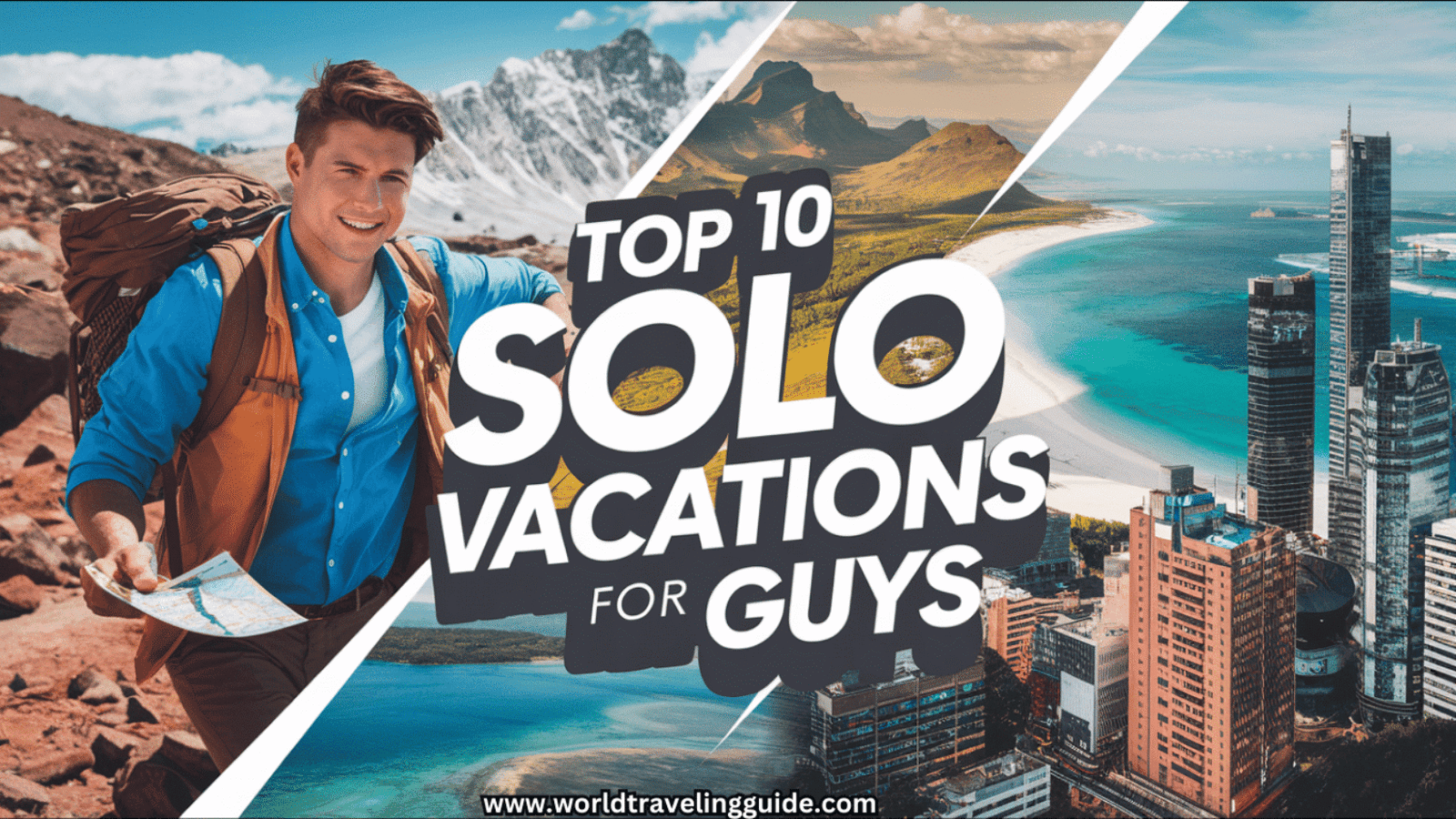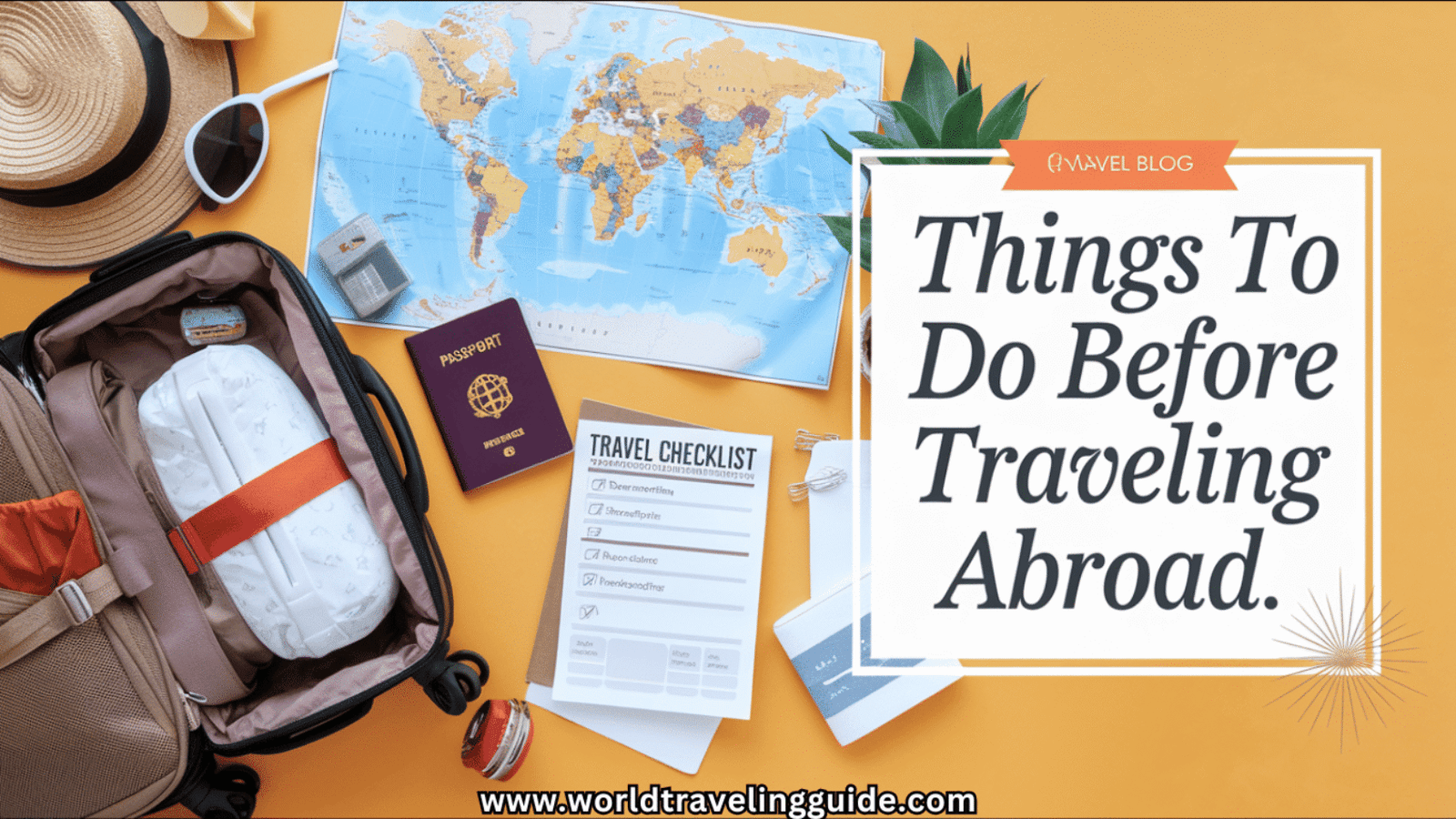In this article, we will discuss, how much is travel document fee for Green Card Holders and the cost of travel documents for green card holders, the different types of travel documents that can be obtained, the application process, and some essential tips for making traveling easy.
Green card holders, known as lawful permanent residents (LPRs), can travel internationally and stay permanently in the United States under most conditions. There are instances where such individuals may need a travel document for re-entry into the United States once they travel abroad. You must Know exactly how much the documents cost and their requirements would be significant when planning travel to avoid complications.
What is a travel document for green card holders in the USA?
USCIS(US Citizenship and Immigration Services) issues the official traveling documents to green card holders to allow them to travel out of and return to the United States without losing their status as lawful permanent residents.
A green card holder will need one of the following types of travel documents:
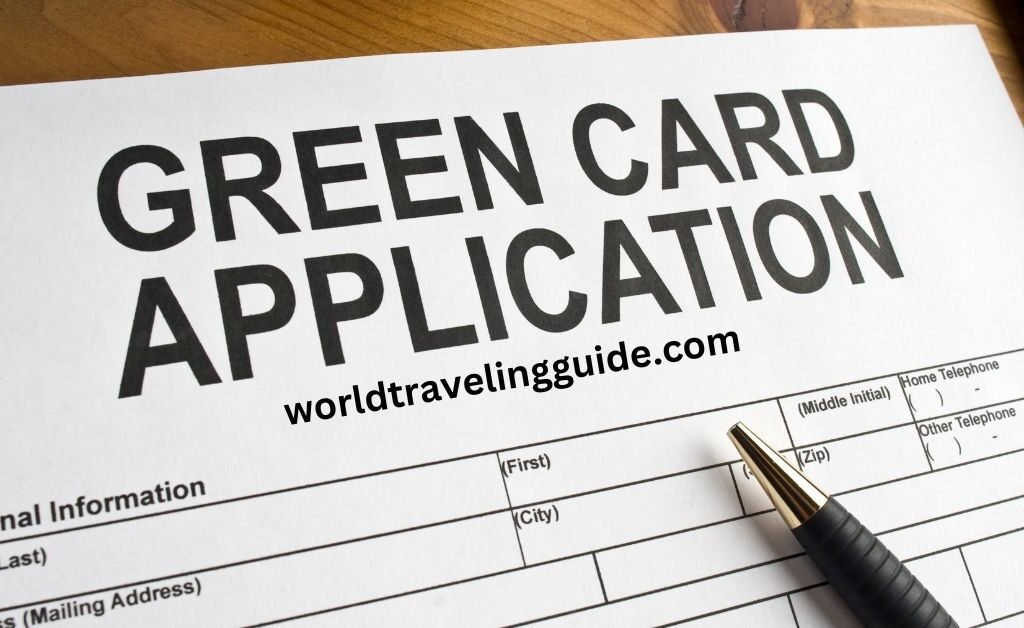
Re-entry Permit: This application is made for this category of holders who want to remain outside the territory of the United States for generally an extended period (more than one and less than two years). An extended absence without a re-entry permit is considered abandonment of permanent residence.
This entry recounts the application process and the use of the US re-entry permit. It means getting a visit to re-enter the US after spending more than 360 continuous days abroad.
For those who the paper intends to serve as an Entry point, the definition or instruction on purposes or intent toward re-entering legal owner has an opening to access the US using a re-entry permit, not an application for the license itself. It has stated and followed the criteria involved in a re-entry application without going into details.
For those who qualify, the paper intends to serve as an Entry point: a definition or instruction on purposes or intent toward re-entering. A legal owner has an opening to access the US using a re-entry permit method and method not an application for the permit itself. It has stated and followed the criteria involved in a re-entry application without going into details.
Advance Parole:
Advance Parole applies only to contestants holding dependent applicant status for adjustment of status pending green card applications who require international travel while awaiting their processing.
Refugee Travel Document: The holder is issued the document on gaining permanent resident status through either of the conditions. namely as a refugee or an asylee during travel without a passport from their country of domicile.
What is the Fee for travel documents for holders of a green card?
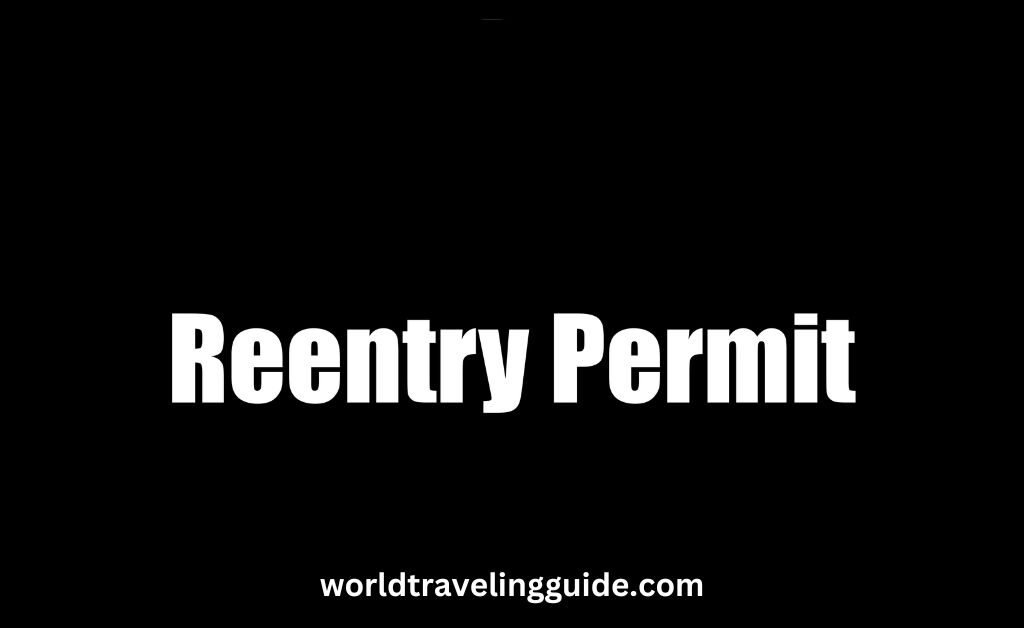
1. Re-entry Permit Fees
I-131 Application for a Travel Document in Form is filed for the reentry permit application. Starting in 2024, this is the standard USCIS charge against a reentry permit: Filing fee: $575
Biometrics fee: $85 (for applicants aged 14 to 79). This brings the total cost for most applicants to $660. However, individuals under 14 or over 79 are not required to pay the biometrics fee, reducing their price to $575.
2. Advance Parole Fees
If you seek Advance Parole requesting Form I-131 for adjustment status application, the following fees will apply:
Enclosed with Adjustment of Status Application: “When you submit Form I-485 (adjustment of status) and the application fee together, there is no fee for advancing parole.” Stand Alone Application for Advance Parole: For a stand-alone application, you will pay the same Fee for a re-entry permit: $575 and $85 for biometrics if applicable.
Refugee Travel Document Fees.
I am filing a Refugee Travel Document using Form I-131, and these are the charges associated with it.
Adults (people from 16 years onwards): $135
Children (under 16 years): $105
Biometric Fee: $85 charges for applicants aged 14 to 79 years.
This totals $220 for adults and $105 for children younger than 14 because they do not pay the biometrics fee.
Payment Methods and Waivers
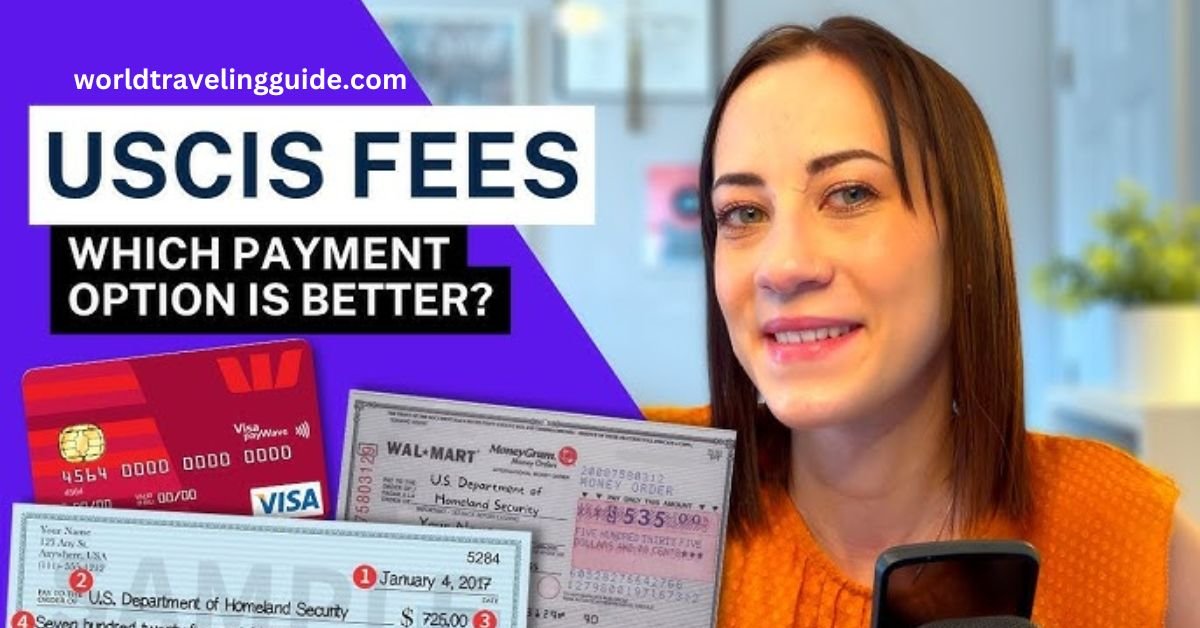
How to Pay the Fees
The price payment for the travel document is due before the filing of Form I-131. Payment can be made through checks or money orders in favor of the “US Department of Homeland Security” or through credit or debit cards using Form G-1450 (Authorization for Credit Card Transactions). Waiver of Fees Some applicants may be eligible and qualify for a fee waiver by USCIS Form I-912 Request.
Pay using checks or money orders to the “US Department of Homeland Security” or by credit or debit card using Form G-1450 (Authorization for Credit Card Transactions). Some applicants may qualify for USCIS fee waivers using Form I-912 Request for Fee Waivers. Eligibility is based on:
Financial hardship
Receipt of certain public benefits
Household income not exceeding 150% of the federal poverty lines
Green Card Holder Application: Travel Documents
To apply for a travel document, the green card holder has to fill out, carry out all the necessary pieces of evidence, and put the appropriate Fee together with Form I-131. Here is a step-by-step guide:
1. Fill in the Form I-131
Fill out Form I-131. It Requires that you mention the status of immigration and your travel reasons and ask about the kind of travel document you’re requesting.
2. Gather Supporting Documents
Commonly required documents include:
The front and reverse of your green card Photographs the size of a passport Proof of your travel intention (itinerary, employer letter, etc)
The travel documents require us to prepare addition documents:
3. Submit the Application
You will mail the finished form, accompanying paperwork, and funds to the appropriate USCIS lockbox or service center. You can find the correct address for our location on the USCIS website.
4. Attend the Biometrics Appointment
Fingerprinting, photographing, and capturing signatures will be done at a biometrics appointment for those aged 14 to 79. 5. Pending approval.
Processing times differ, yet you can check the application status by using the receipt number given by USCIS.
Advice for Green Card Holders Traveling Outside of the Country
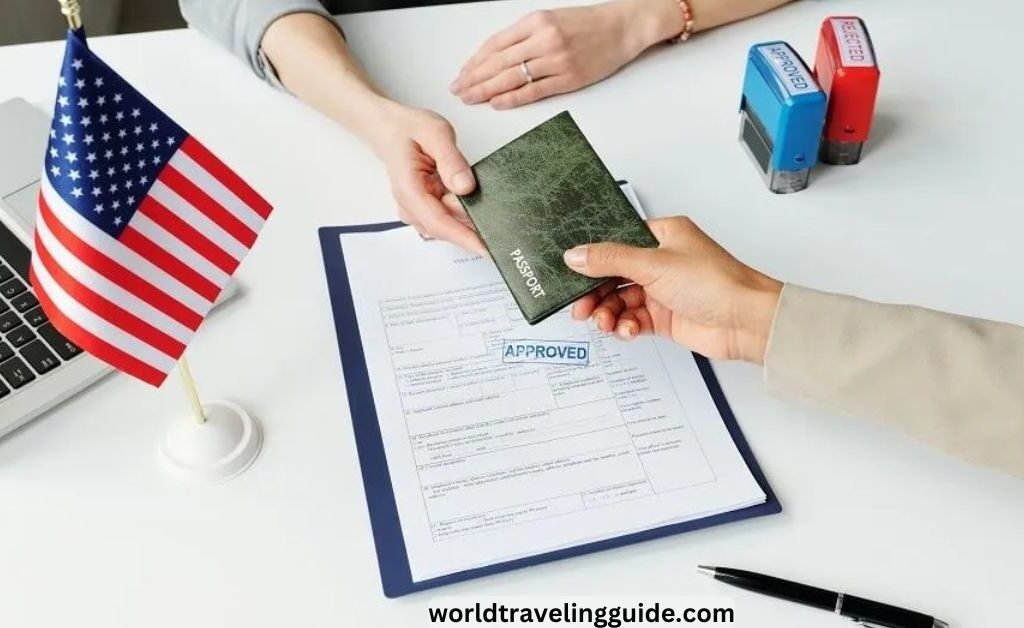
Plan Ahead:
Applying for your travel document well in advance is advisable because USCIS can process such requests in weeks or months.
Maintain Residency Ties:
Upon making strong ties to the US, such as owning a home, filing taxes, and avoiding having stayed outside for long without a re-entry permit, Check Entry Requirements:
Research visa requirements for your destination country. For many reasons, having a green card does not eliminate the need for a visa. Speak with an Immigration Attorney:
With more complicated travel situations or durational absences, speak to the consultant to avoid jeopardizing your case.
Most often asked questions:
Q: Do you require a travel document, when traveling abroad for a short duration?
A: If you have a green card, you wouldn’t need a travel document for a trip lasting less then a year. However, you should always bring your green card and a valid passport.
Q: Can I expedite the travel document process?
A: The USCIS may expedite applications for emergencies.. You must demonstrate the urgency of the travel, such as through medical or humanitarian reasons.
Q: What happens if I go back without a travel document?
A: If you have a proper travel document, you are less likely to encounter problems when re-entering the United States, but there is still a possibility of being placed in removal proceedings.
.
Conclusion
Acquiring a travel document is vital for green card holders who intend to travel outside the United States over an extended period or on a complicated journey. Learning how much the travel document fee will be for green card holders and the application process and requirements can save valuable time and trouble.

